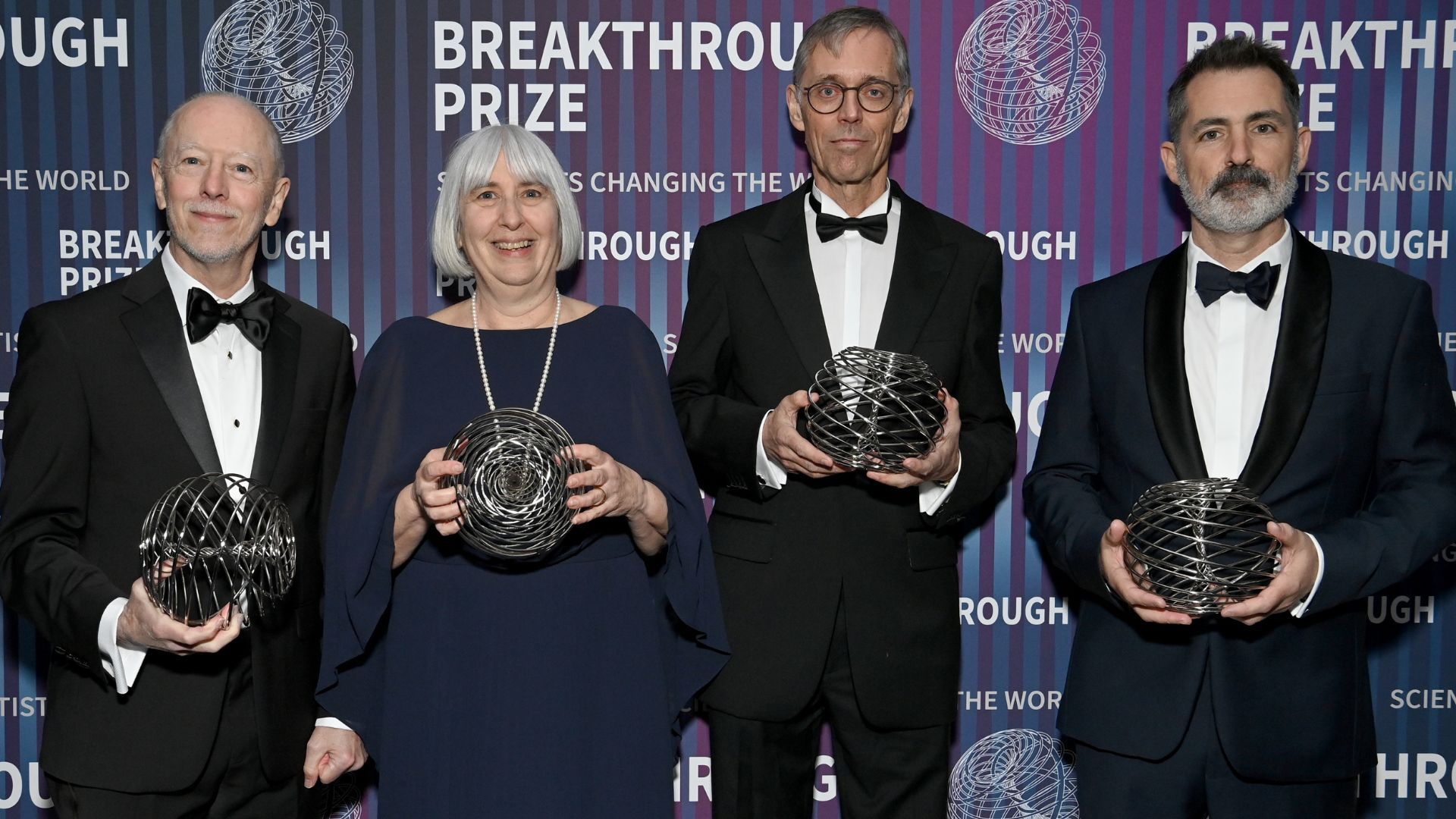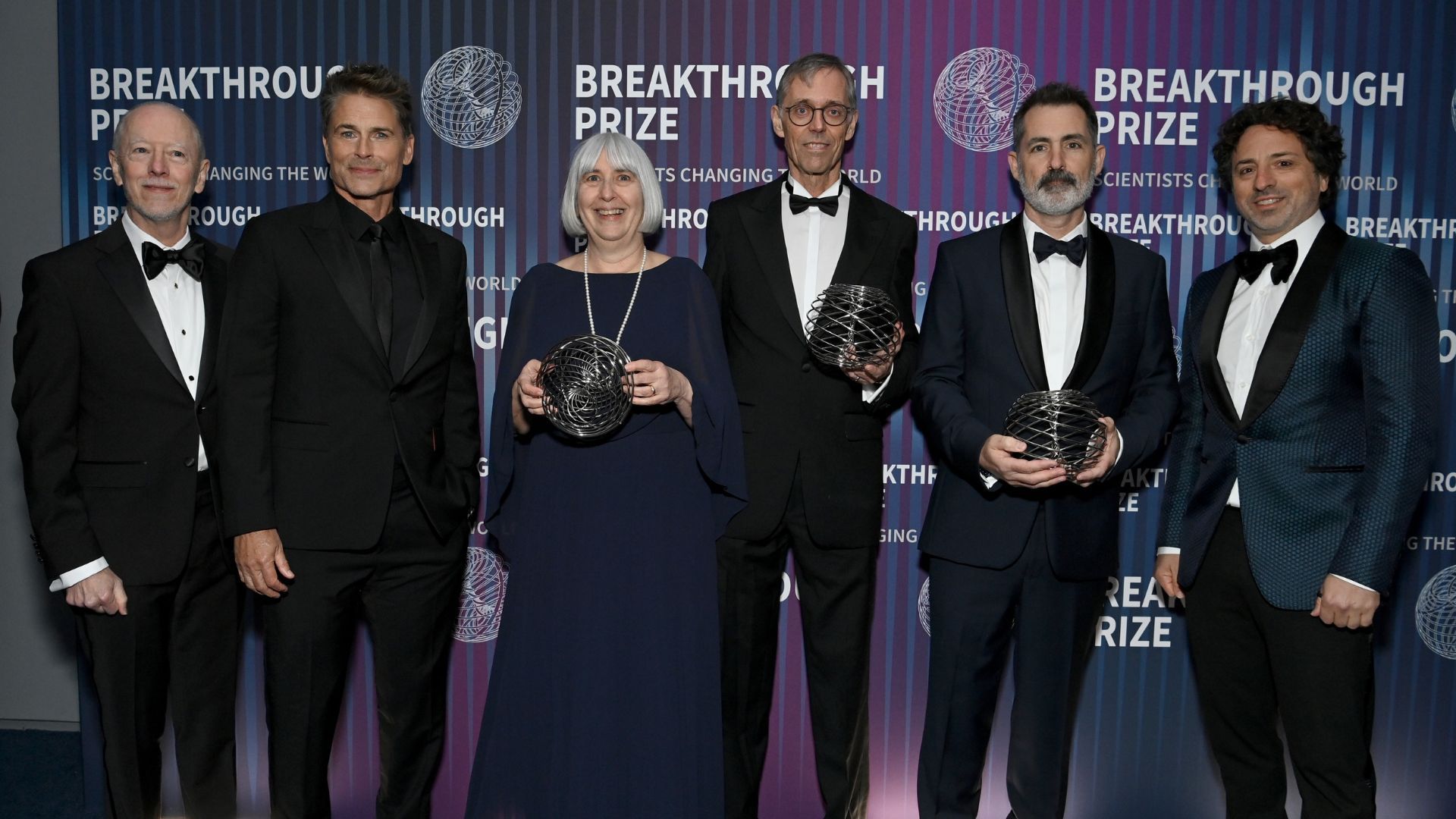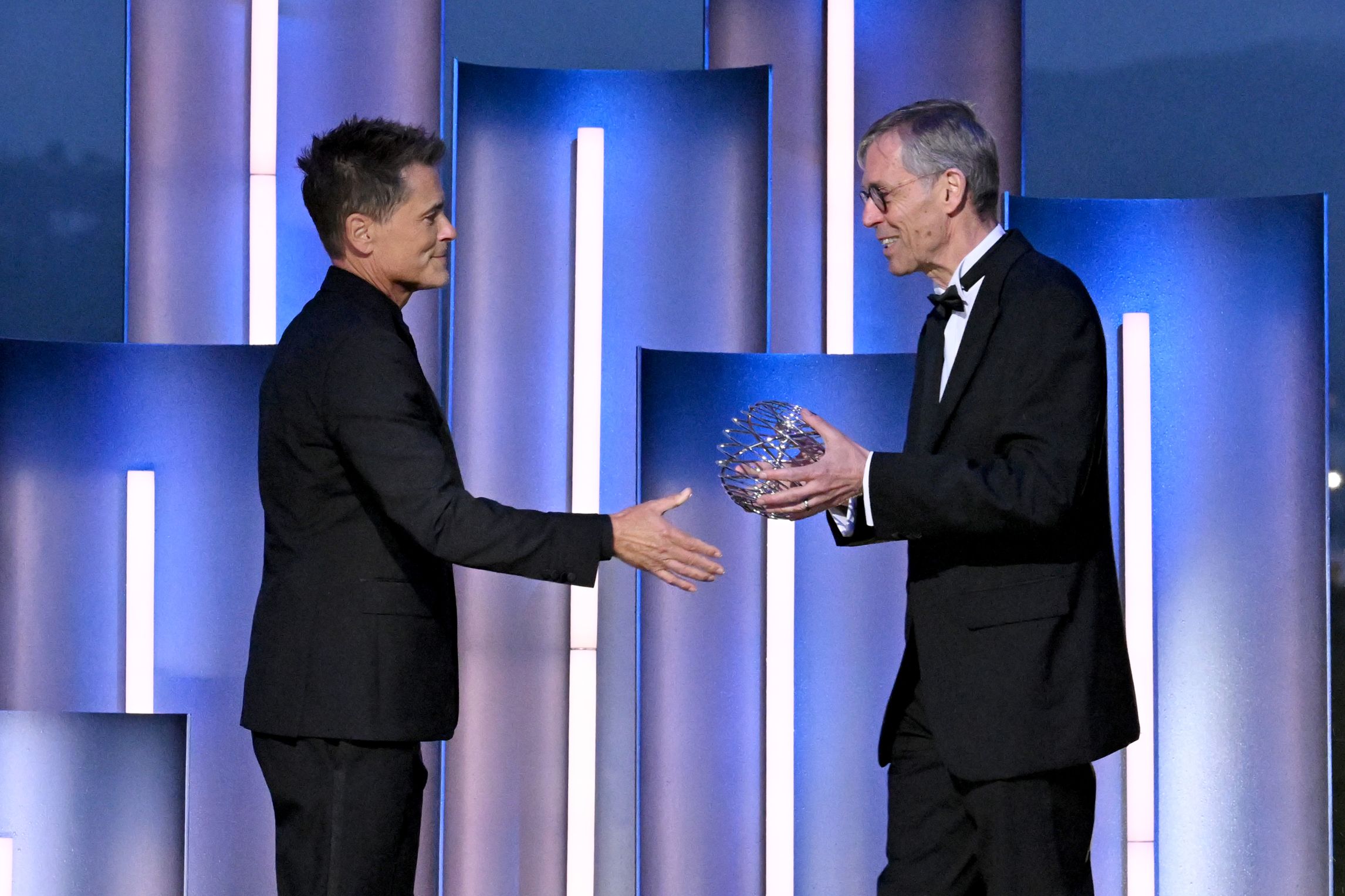Prof. Dr. Thomas Gasser was neck-and-neck with American researcher Andrew Singleton in the search for new Parkinson's genes. Together with their colleague Ellen Sidransky, they have now been awarded the Breakthrough Prize. The award recognizes their groundbreaking discovery of genetic risk factors for Parkinson's disease.
Thomas Gasser was 33 years old and a postdoc when a leading scientist in neurogenetics told him: “The causes of Parkinson's are not in genetics. He was wasting his time.” At the time, opinions on the causes of the disease differed widely and much was unclear. 33 years later - in 2024 - Prof. Dr. Thomas Gasser, Head of the Department of Neurology at Tübingen University Hospital and Chairman of the Board of the Hertie Institute for Clinical Brain Research, walks down a red carpet, past the flashbulbs of photographers and onto a podium.
An Oscar in Neurology

Together with Andrew Singleton and Ellen Sidransky, he won the Breakthrough Prize in the life sciences - the “Oscar” for science, worth three million dollars. The three have shown that Certain mutations in the genetic material increase the risk of Parkinson's. Some even inevitably trigger the disease. With this finding, the teams have paved the way for the development of new therapies - because the disease is currently incurable.
At least 200,000 people in Germany suffer from Parkinson's disease. It usually manifests itself around the age of 60 with shaky hands. Nerve cells that produce dopamine die off. As a result, movements become slower and muscles can no longer be controlled properly. Balance is disturbed and the muscles stiffen. Some patients develop dementia. Depending on the form and severity, life expectancy is reduced by four to eleven years. Medication can only suppress the symptoms for a certain period of time.

Thomas Gasser and Andrew Singleton, among others, laid the foundation for this to change in the next decade with their publication in “Neuron” in 2004. They showed that a mutation in the LRRK2 gene could be responsible for some of the cases. It is now known that variants in this gene area generally increase the risk of developing Parkinson's disease. But it was a long way to this realization. The first mutation responsible for an outbreak of Parkinson's disease was discovered back in 1997. The SNCA gene produces a protein called α-synuclein, which regulates the release of dopamine, among other things. If the amino acid threonine is located at position 53 instead of alanine, this has a toxic effect. This proved that Parkinson's can have genetic causes, but only for a specific form of the disease - and therefore only for a minority of those affected. In contrast to the majority, people with this mutation show the first symptoms in their mid-50s. The disease breaks out earlier and is more severe.
At this time, Thomas Gasser was also working on the causes of Parkinson's disease. In 2002, he was awarded a professorship at the Faculty of Medicine in Tübingen for this and other reasons. “I was very lucky to be given this opportunity and to be able to advance my work at this location,” he says. At the turn of the millennium, research in genetics was often still like looking for a needle in a haystack. It was characterized by competition, sleepless nights, ambition and ideals. “It was manual work,” says Gasser. Back then, work was done with casting gels and radioactive markers. And under enormous time pressure - because only those who discovered the gene with the mutation first could reap the rewards and advance their career. Gasser and Singleton were also once rivals. Only rumors about the progress of the other research group gave them an idea of who would win the race. What they did know was that both were looking for mutations in the genes in a region of chromosome 12 that was associated with Parkinson's disease. Studies of families whose members had had the disease for several generations had already shown a link.
Singleton's team then asked for a quick release. “We only knew about it from hearsay,” says Gasser. “So we decided to publish our results earlier than planned.” And indeed, both groups had found the same gene: the LRRK2 gene. “That was the final proof that our discovery was no coincidence, but that we had identified the right gene,” says Gasser. Over time, the rivals became allies, no longer competing but working together to solve the mysteries surrounding Parkinson's disease. In the Global Parkinson Genetics Program (GP2), they are now working with partners around the world to expand the gene pool under investigation from people of European descent to those affected worldwide. As gene mutations are inherited, they occur with varying frequency and are more common in some groups, such as the LRRK2 mutation in Ashkenazi Jews. And they are working on therapies - for example on inhibitors for the LRRK2 kinease. Gasser is certain: “We will soon be able to slow down the progression of the disease, perhaps even prevent it from breaking out altogether in some cases.”

